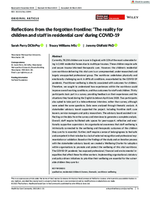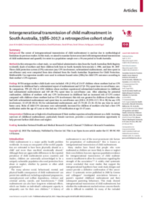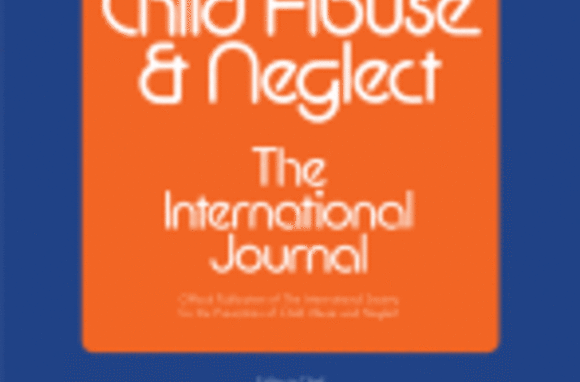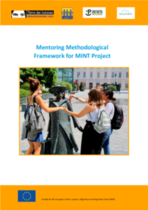Transforming Children's Care Webinar Series
This webinar series, by and for members of Transforming Children's Care, brings together experts from our community to discuss a range of relevant topics identified by members as priorities for learning and exchange. View previous and upcoming webinars below.





